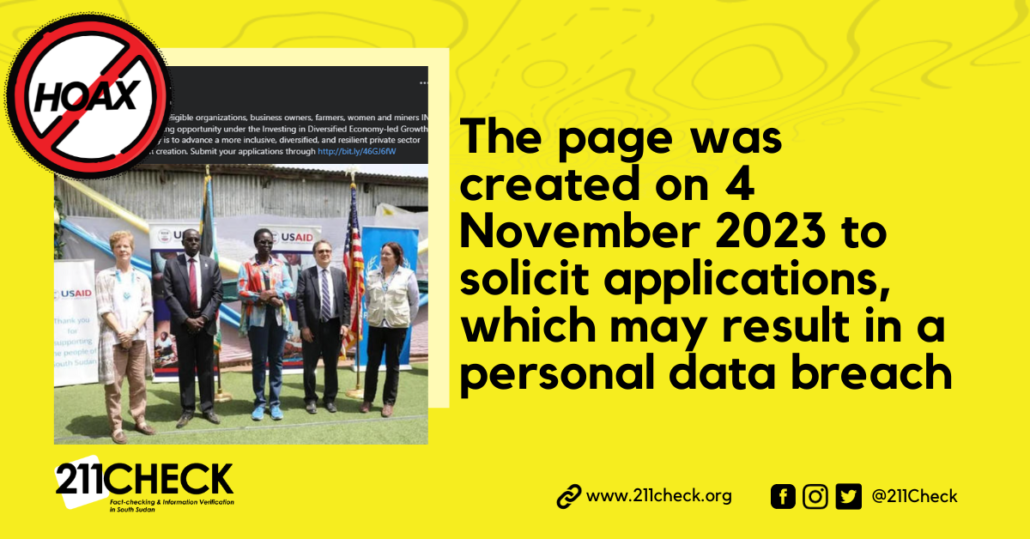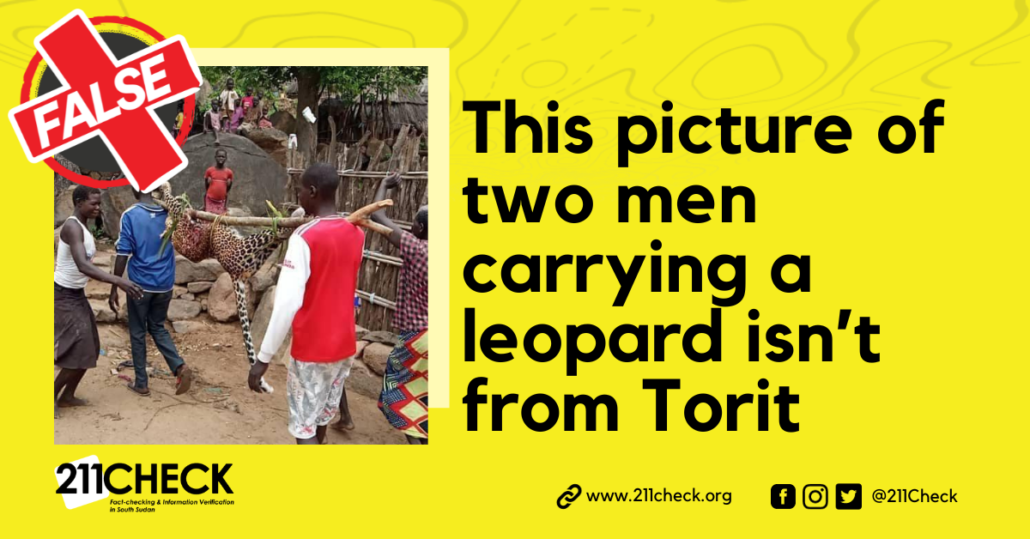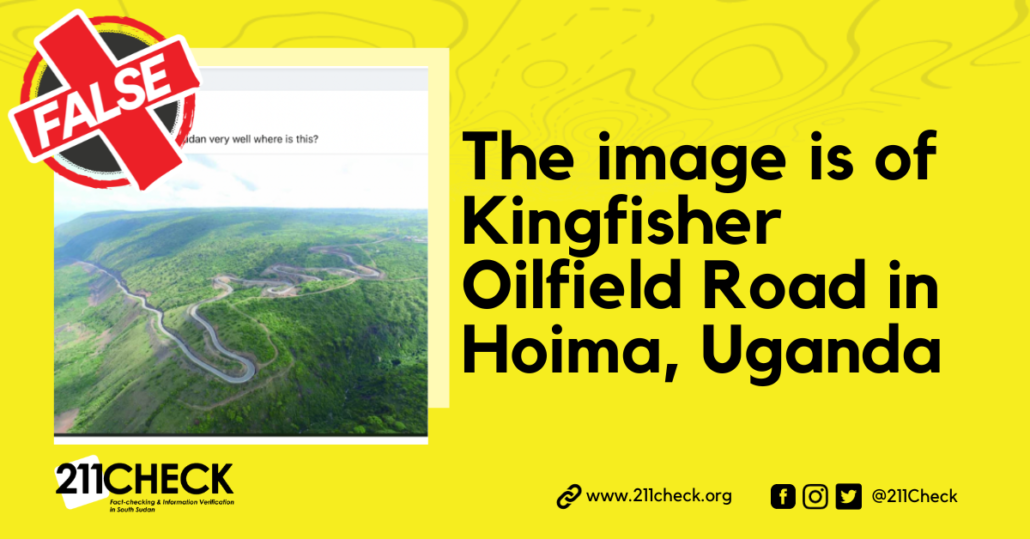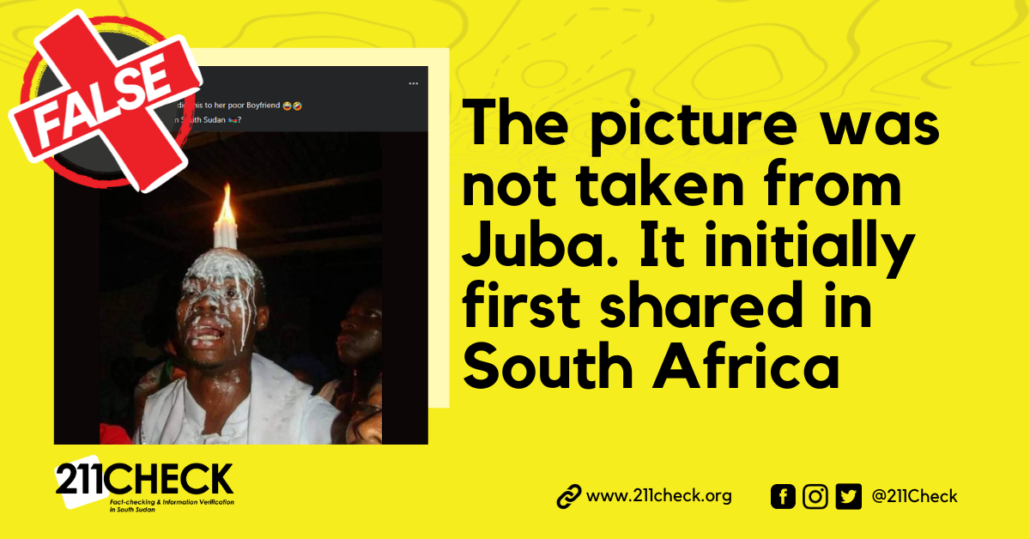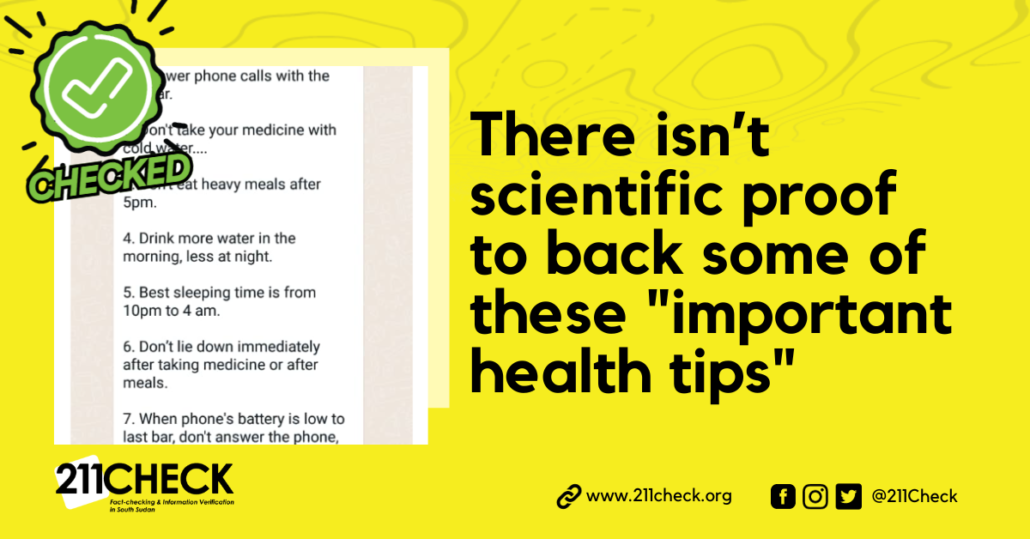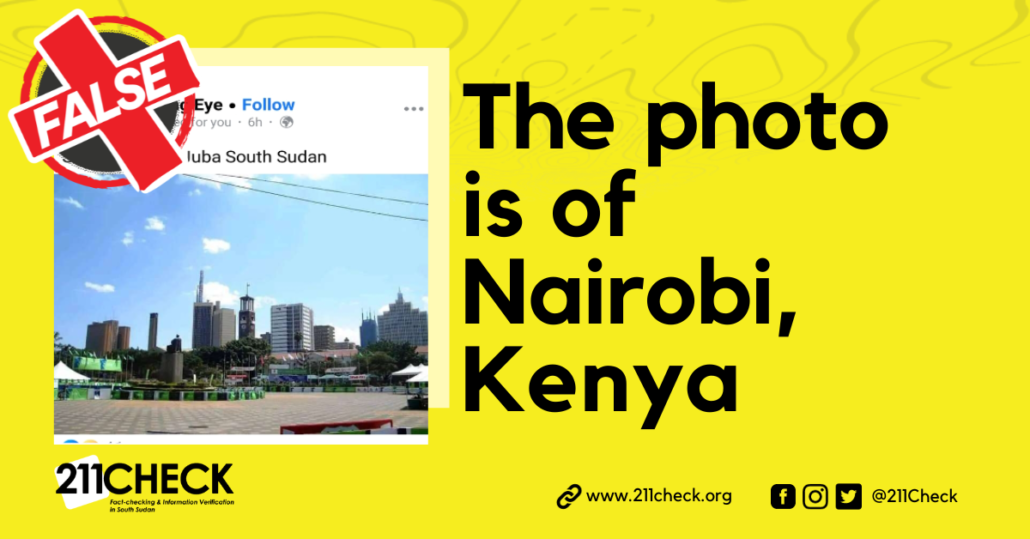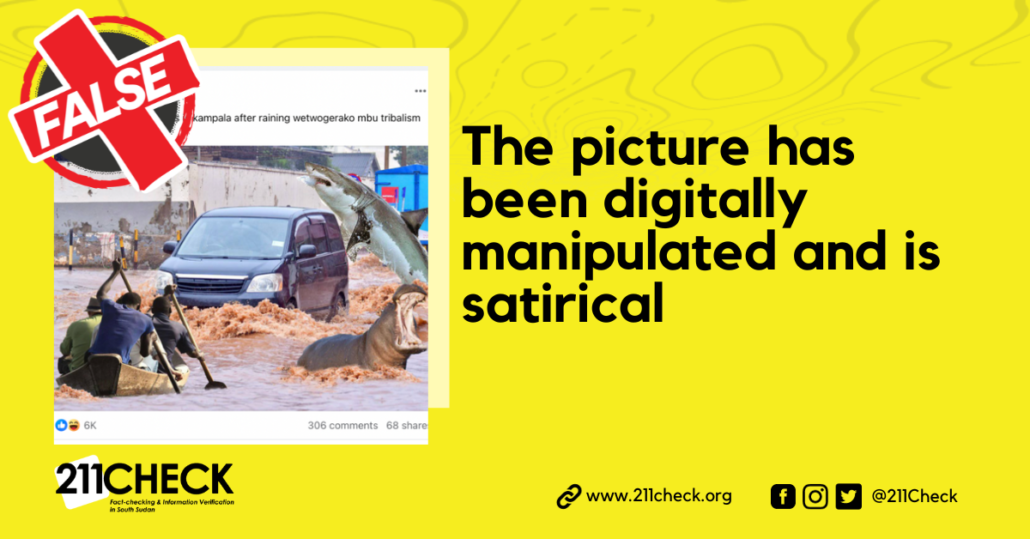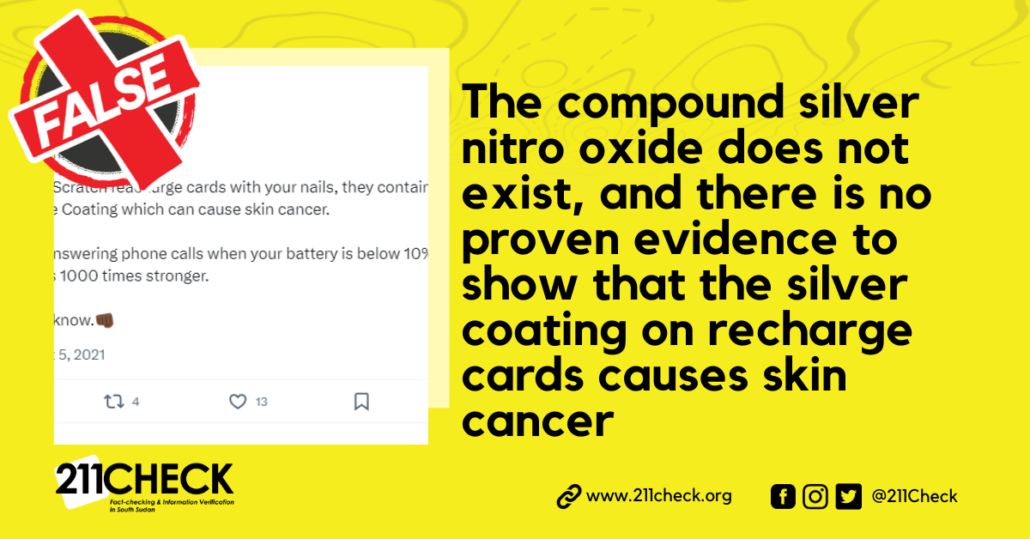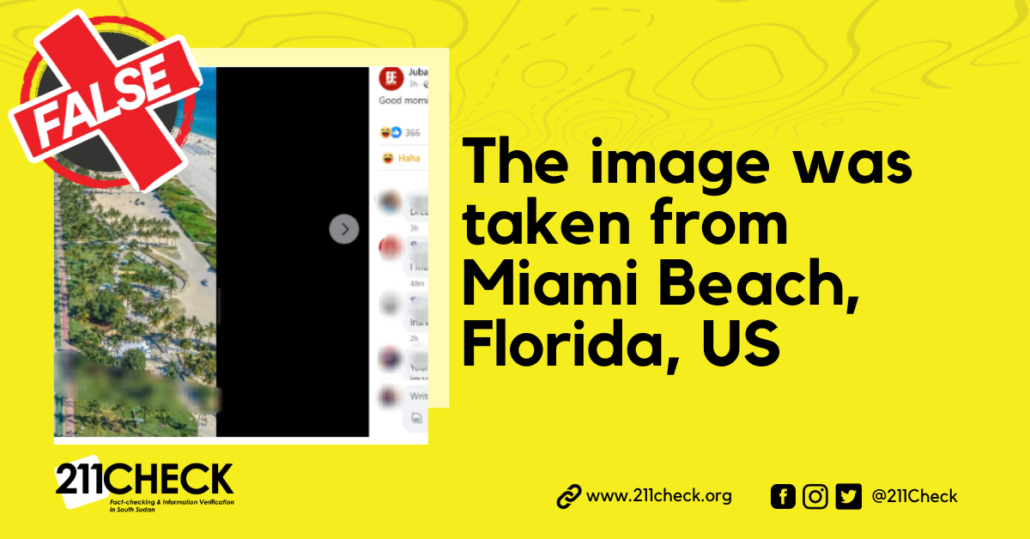Fact-check: “USAID Business Grant” Facebook page is a hoax
The page was created on 4 November 2023 to solicit applications, which may result in a personal data breach.
Writer: James Bol Bol Duer
A Facebook page called “USAID Business Grant” falsely claiming to call on all eligible organisations, business owners, farmers, women and miners in South Sudan to apply for a funding opportunity under the Investing in Diversified Economy–led Growth Activity is a hoax.
The post with a picture was posted on a USAID Business Grant named Facebook page on 05 November 2023, with an accompanying post and caption that read,
“ENTERPRISE FUNDING PROGRAM
USAID BUSINESS calls on all eligible organisations, business owners, farmers, women and miners IN South Sudan to apply for a funding opportunity under the Investing in Diversified Economy-led Growth Activity. The goal of this activity is to advance a more inclusive, diversified, and resilient private sector that drives sustainable wealth creation. Submit your applications through http://bit.ly/46GJ6fw “
At the time of publishing, the page created on 04 November 2023 and posted this advertisement on 05 November 2023 had 11 likes and 17 followers.
Claim Verification:
211 Check ran a Google Reverse Image Search to verify the claim and found that the picture is of a visit to USAID and WFP–supported projects in Aweil on 17 February 2023, where delegates met with women and children at the Gabat Nutrition site. Michael J. Adler, the US Ambassador to South Sudan, attended that event. Kate Crawford, the USAID Mission Director in South Sudan. H.E. Mrs Rebecca Nyandeng De Mabior, the vice president of South Sudan and Head of Gender, youth and humanitarian cluster, H.E. Tong Akeen Ngor, Governor of Northern Bahr El- Ghazal State and Mary – -Ellen McGroarty, WFP’s Country Director in South Sudan. In this event, the United Nations World Food Programme (WFP) announced a contribution of US $ 288.5 million from the United States Government through the U.S. Agency for International Development (USAID) to support more than two million of the most food-insecure people in South Sudan with lifesaving food and nutrition assistance through the 2023 lean season.
In comparison, 211 Check visited the actual Facebook page and website of USAID South Sudan for a similar call for application. We discovered that USAID South Sudan is not running such a call for application.
For more detailed information about USAID South Sudan and its specific programs and initiatives, it is recommended to visit the official USAID website or explore the relevant sections on their website.
Conclusion:
211 Check concludes that the claim on the Facebook page USAID Business Grant that is calling for applications from organisations, business owners, farmers, women and miners in South Sudan is a hoax.
The page was recently created to solicit applications, and this may result in a personal data breach as they collect documents and personal information from the applicants via a Google form attached.
A publication under 211 Check’s ‘Fact-check for a pay’ Initiative with Support from the International Fact-checking Network through the BUILD grant.
To ensure accuracy and transparency, we at 211 Check welcome corrections from our readers. If you spot an error in this article, please request a correction using this form. Our team will review your request and make the necessary corrections immediately, if any.
It’s vital to fight misinformation and disinformation in the media by avoiding fake news. Don’t share content you’re uncertain about. False information can harm and mislead people, risking their lives—Fact-check before sharing. For more details, visit https://211check.org/ or message us on WhatsApp at +211 917 298 255. #FactsMatter

